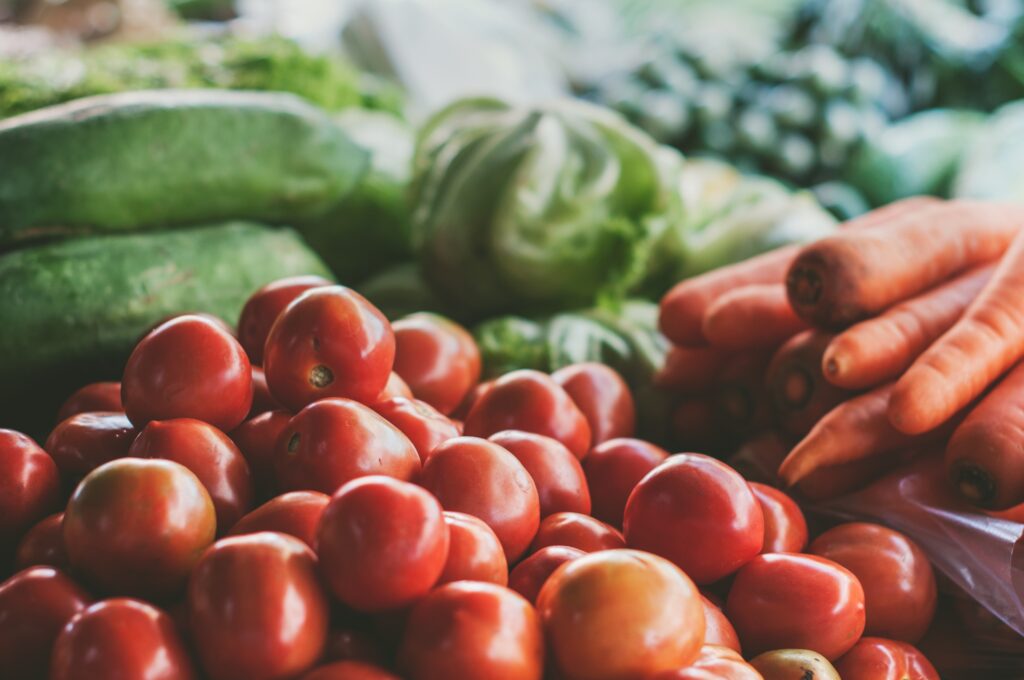Often considered the “silent killer,” kidney disease may affect an estimated 26 million Americans per year. This is mainly the case as most noticeable symptoms do not coming knocking at the doorstep until later stages of this disease. However, common chronic illnesses that continue to rise in prevalence year after year like type two diabetes and high blood pressure may force your doctor’s hand at being more vigilant about monitoring your kidney health. Uncontrolled sugars and overall poor diet place a significant amount of stress on the kidneys. As kidney decline progresses, a buildup of toxins like p-cresyl sulfate and indoxyl sulfate start to take up shop in our body. It is a cascade of these events over an entire lifespan that could put entire organ systems in disarray leading to greater kidney decline and increased risk for cardiovascular-related mortality. Fortunately, your gut may have the final say in what enters the body and could potentially stave off the progression of kidney disease.
Spanning at least 15 feet in length, the gut harbors an often-complex cluster of bacteria that tower in comparison to the number of cells in the entire human body. Many of these bacterial species carry out numerous tasks within their tight knit community that may either benefit or hurt its human host. Regarding kidney disease, some of these species break down amino acids (tryptophan, phenylalanine, and tyrosine) and convert them into precursors for p-cresyl sulfate and indoxyl sulfate. The standard American diet places as we know it today an incredible emphasis on protein and often shies away from fiber. A high ratio of undigested protein to fiber may lead to consequential proteolytic microbial fermentation in the intestinal tract that will ultimately set the stage for dysbiosis or a cluster of bad bacteria.
Several recent studies have identified a potential reduction in uremic toxins and overall improvement gut microbiota after patients welcomed more plant foods in their diet. Even in the wake of progressive kidney disease though, experts still recommend limiting plant foods out of caution that they might raise a patient’s blood potassium to dangerous levels. However, new research suggests that the bioavailability of potassium from unprocessed whole fruits and vegetables may be less than what has previously been estimated by a whopping fifty percent. With that being said, the conventional dietary approach to combating the mineral abnormalities in kidney disease may be harmful and not practical.
A recent study published in the Journal of Renal Nutrition looked specifically at the effect of diet quality on uremic toxins and gut microbiota profile in adults receiving hemodialysis treatment. Twenty-two adult dialysis patients were selected for this study and their dietary quality was assessed. During this 10-week study, blood and stool samples were taken from participants looking at uremic toxins and gut bacteria, respectively. Researchers found that patients who followed a plant-based diet presented with the lower indoxyl sulfate levels. In addition, they also found a slight change in the bacterial composition in the gut within such a small-time frame. Better adherence to a plant-based diet was found to be associated with a reduction of toxin-producing bacterial strains, Haemophilus parainfluenzae and genus Haemophilus. Such findings are important given that the uremic toxin, indoxyl sulfate has been significantly correlated to cardiovascular disease as well as the progression of kidney disease.
While a renal diet may be restrictive, an absence of fruits and vegetables may further exacerbate and accelerate the progression of kidney disease. Similar studies have supported the notion that our gut bacteria play an important role in kidney disease. We should start thinking of these bacteria as either good or bad neighbors. They each may be responsible for dictating what kind of neighborhood our body wants to live in.
References
Kidney Disease Statsitics for the United States. National Institute of Diabetes and Digestive and Kidney Diseases; 2016. https://www.niddk.nih.gov/health-information/health-statistics/kidney-disease
Stanford J, Charlton K, Stefoska-Needham A, et al. Associations Among Plant-Based Diet Quality, Uremic Toxins, and Gut Microbiota Profile in Adults Undergoing Hemodialysis Therapy. Journal of Renal Nutrition. 2021;31(2):177-188. doi:10.1053/j.jrn.2020.07.008

